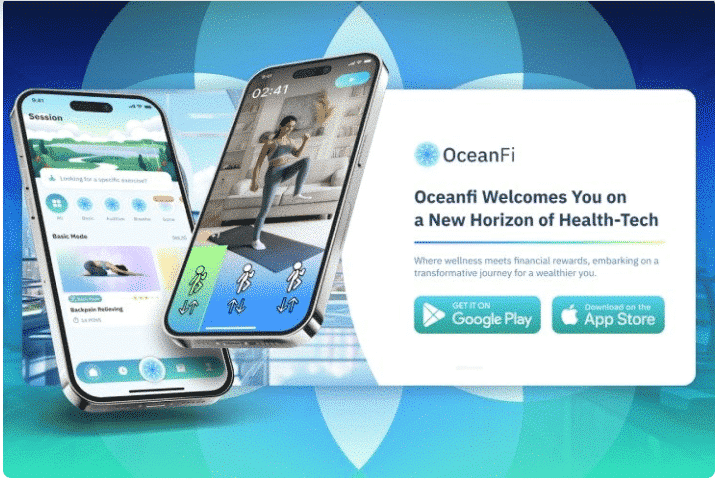Introduction
The concept of OceanFi, a fusion of oceanic resources and decentralized finance, is revolutionizing how we approach marine conservation and finance. This groundbreaking idea has the potential to transform our interaction with the ocean’s vast resources. By leveraging the principles of decentralized finance (DeFi) and integrating them with oceanic exploration and conservation, OceanFi presents an innovative way of sustainable resource management and investment opportunities. In this article, we’ll delve into the intricacies of OceanFi, exploring its mechanisms, benefits, and the future it holds.
The Basics of OceanFi
OceanFi is a term derived from combining ‘Ocean’ and ‘Finance,’ specifically decentralized finance. It operates on the principle of using blockchain technology to create an economic model that benefits from the ocean’s resources while ensuring their sustainability. This model includes aspects such as tokenization of marine assets, funding for oceanic research, and decentralized governance of marine resources. By doing so, it aims to create a balance between economic gain and environmental protection.
How OceanFi Works
At its core, OceanFi utilizes blockchain technology and smart contracts to manage transactions and interactions. This involves creating digital tokens that represent a share or stake in a marine asset or project. These tokens can be traded, much like stocks or cryptocurrencies, allowing investors to have a stake in marine-related projects or resources. This model ensures transparency, as all transactions are recorded on the blockchain, and democratizes investment in marine conservation and research video production agency.
Benefits of OceanFi
One of the primary benefits of OceanFi is its potential to fund and promote marine conservation. By incentivizing investment in the ocean, it directs funds towards preserving marine ecosystems. Additionally, OceanFi can contribute to scientific research by providing financial resources for studies and exploration. This model also opens up new economic opportunities, such as sustainable fishing practices or eco-tourism, that are both profitable and environmentally friendly.
Challenges and Solutions
Despite its potential, OceanFis faces several challenges. The primary concern is regulatory compliance, as marine resources often cross international borders. To address this, OceanFi initiatives must work closely with global regulatory bodies. Another challenge is ensuring that the economic benefits do not come at the cost of environmental degradation. This requires strict sustainability protocols and continuous monitoring of OceanFi projects.
OceanFi in Action – Case Studies
Several successful OceanFi projects demonstrate its potential. For example, a project in the Coral Triangle has used OceanFis to fund coral reef restoration, with investors receiving tokens representing a stake in the tourism revenue generated by the restored reef. Another case is a sustainable fishing initiative, where token holders invest in eco-friendly fishing practices, with profits shared among investors and reinvested in marine conservation.
The Future of OceanFi
The future of OceanFi looks promising as it aligns with global trends towards sustainability and responsible investment. As technology advances and awareness of environmental issues grows, OceanFis could become a standard model for ocean-related ventures. Moreover, with the increasing adoption of blockchain and DeFi, OceanFis stands to benefit from broader acceptance and participation.
Conclusion:
OceanFi represents a novel and exciting approach to merging economic interests with marine conservation. By leveraging the power of decentralized finance and blockchain technology, it offers a sustainable model for managing and investing in our oceans’ resources. While challenges exist, the potential benefits of OceanFis make it a promising field for future development and innovation. As we continue to explore and understand our oceans, OceanFis could play a crucial role in ensuring their health and prosperity for generations to come.


